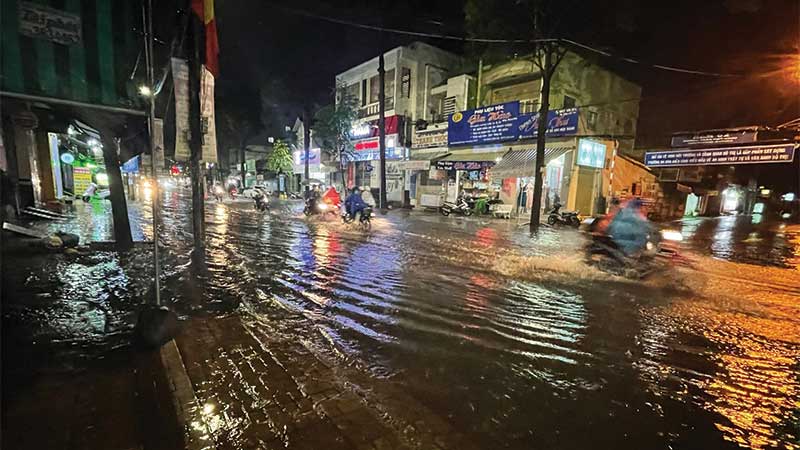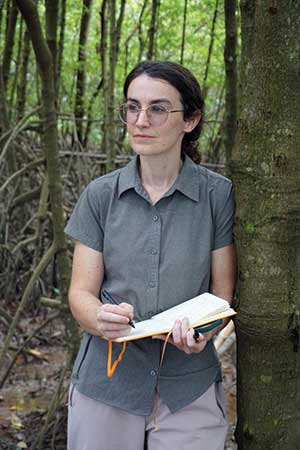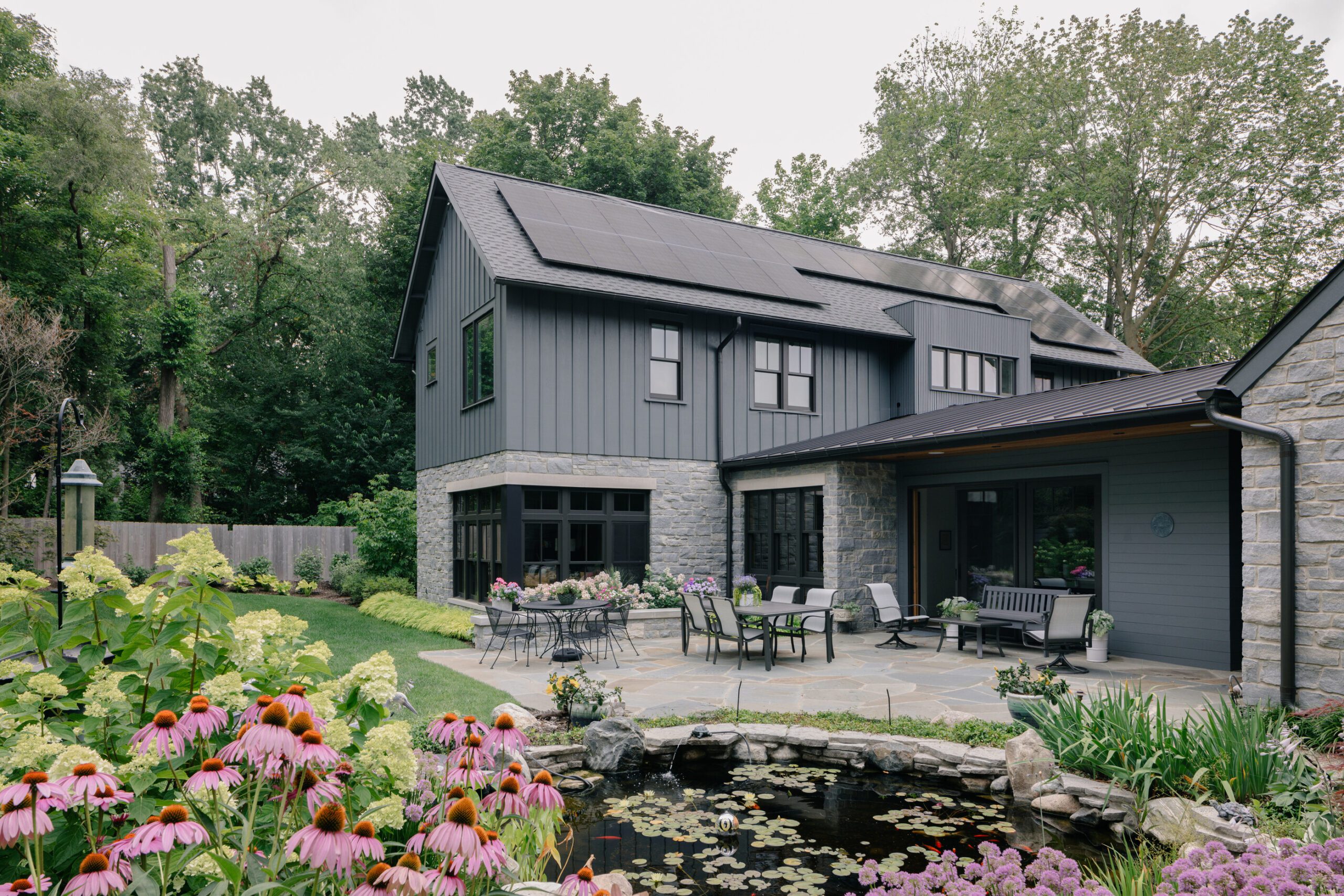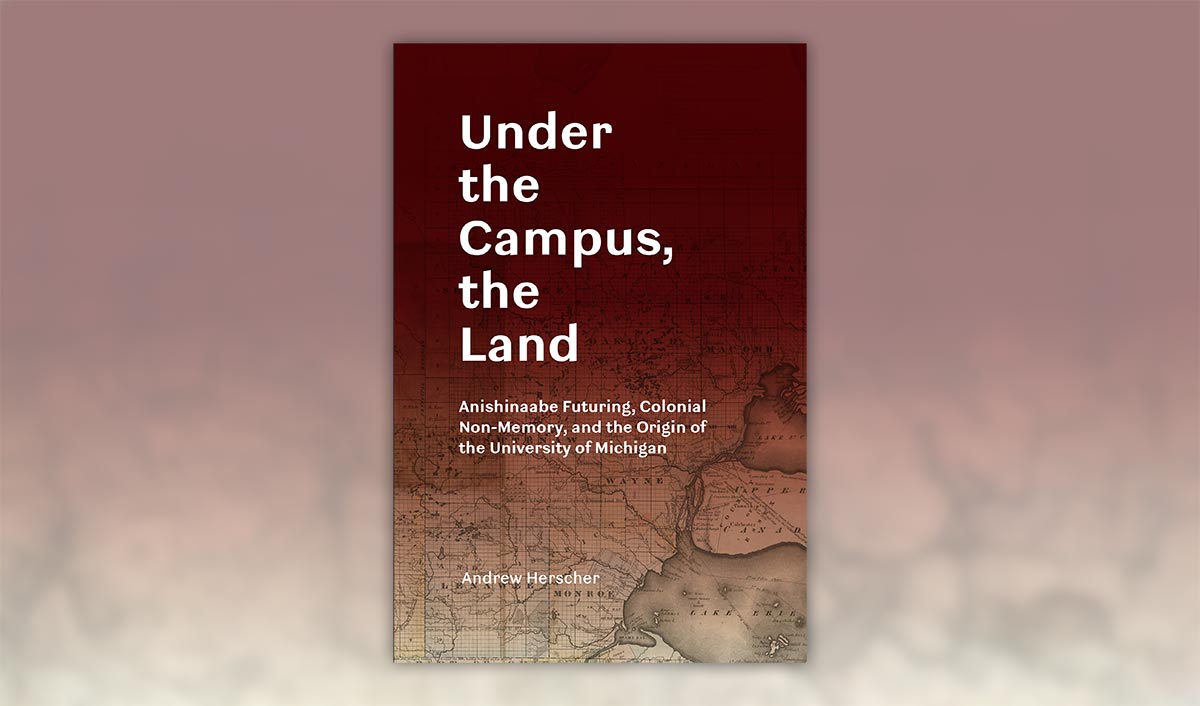
Yarina, B.S. Arch ’10, Works With, Not Against, Nature
 Lizzie Yarina’s work on climate adaptation planning in delta regions has taken her to Vietnam’s Mekong River Delta at an exciting time. Vietnam is launching a new integrated regional plan that includes climate change adaptation affecting both urban and rural sites. Supported by the prestigious Fulbright-Hays Scholarship for Doctoral Dissertation Research, her second Fulbright award, Yarina is using her time in Vietnam to study climate change adaptation in real time.
Lizzie Yarina’s work on climate adaptation planning in delta regions has taken her to Vietnam’s Mekong River Delta at an exciting time. Vietnam is launching a new integrated regional plan that includes climate change adaptation affecting both urban and rural sites. Supported by the prestigious Fulbright-Hays Scholarship for Doctoral Dissertation Research, her second Fulbright award, Yarina is using her time in Vietnam to study climate change adaptation in real time.
“It’s quite exciting to observe something as it’s happening. Many local experts are advocating for the implementation of new ideas about living with nature, water management, and dealing with climate change by adapting agricultural practices and other kinds of infrastructure rather than fighting against it,” she says.
Yarina, now a doctoral candidate in urban studies and planning at MIT, traces her interest in the environmental impacts of architecture and urban planning back to her time as an undergraduate at Taubman College. During her Wallenberg studio trip to Reykjavik with Associate Professor Jen Maigret, she became interested in how climate change was going to impact the city.
“All my projects as an undergrad were architecture projects, but they all became something bigger,” she says. “I was always interested in environmental issues and especially in how climate change is going to alter the way we relate to our built environment.”
She’s still working to understand those significant questions. In her current research that means not only speaking to other architects and urban planners; she’s talking to people that live in the areas impacted by the regional plans and visiting building sites that are related to the planning process. Yarina has observed that environmental change adaptation means different things to different people.
“One of the things I’m interested in is how do you manage trade-offs of water management? If you keep the water out of somewhere, it’s going to go somewhere else. And there are other trade-offs too, because they’re dealing with other issues in the Mekong Delta like salinity, erosion, and subsidence,” she explains.
“I’m interested in critically reflecting on the tools we use to do this kind of work,” she says. “What are the impacts on the ground? Who does it benefit? When we talk about trade-offs, how are those getting evaluated? And the plans and projects that are getting implemented, how do those relate to the people who are the most vulnerable to environmental impacts? Many people talk about climate adaptation through ‘win, win solutions,’ and I think that’s a problematic framing because I don’t think those exist. I’m trying to combat this idea of a general solution and understand the more sticky processes and relationships and interests that shape how these big plans get developed.”
— Liz G. Fisher









